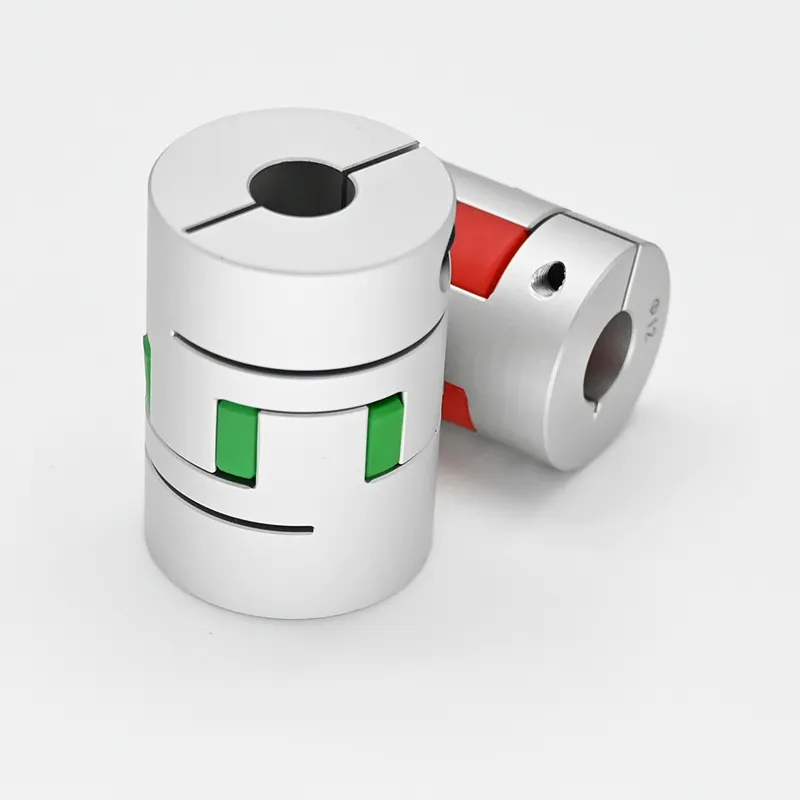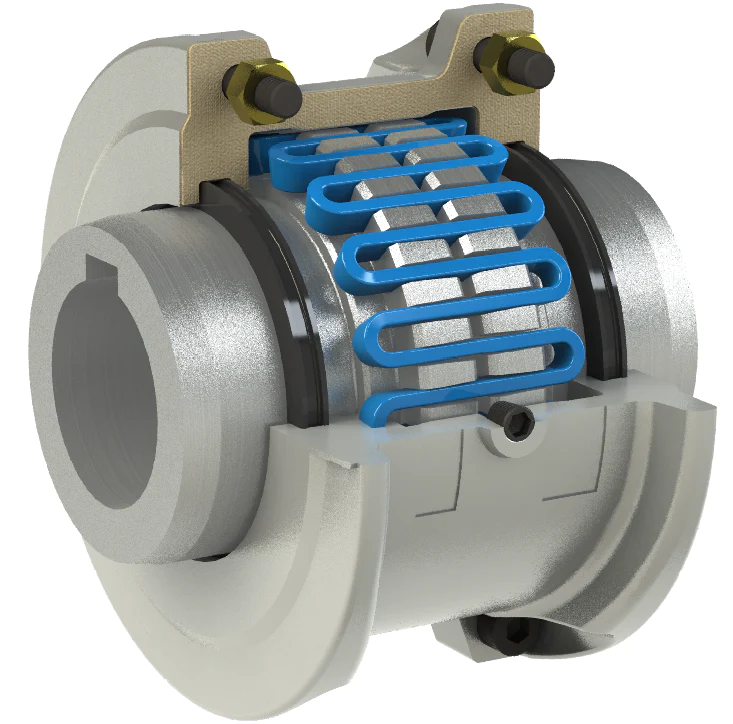Product Description
Product Name:Machinery part Industrial Asia Grooved joint fastener fitting pipe Coupling
Other Product
Product Description
| Key:grooved pipe fitting,steel pipe connector,hardware,elbow,steel pipe coupling,alloy steel tube fitting |
| Material:ductile iron/35CrMo/alloy steel/Carbon Steel |
| Surface Treatment:Spray or dip paint and other corrosion resistant treatment |
| Packaging:Plastic bags for internal use and wooden cases for external use |
| Shipping:FedEx,EMS,DHL,AIR or Sea |
| Payment:T/T,L/C,Money gram,Western union |
| Application:Fire,water supply,Mining pipe |
|
Detailed Photos
Our Advantages
1. Rich manufacturing experience.
2. Design ability.
We have excellent design and development staff.
3. Perfect equipment.
All kinds of production equipment more than 80 sets, professional inspection, testing equipment more than 50 sets.
4. Strict quality control.
Product manufacturing quality in accordance with ISO90001 quality management system requirements.
5. Serve customers attentively.
(1) 24-hour specially-assigned personnel to solve problems for you.
(2) High production efficiency and punctual delivery.
(3) Perfect after-sales service.
Company Profile
HangZhou Tontr Pipeline System Co., Ltd. is located in the beautiful coastal city of HangZhou. It is a professional national-level high-tech industry engaged in the design, development, manufacture and sales of high-pressure pipeline systems.
The company has passed international management system certifications. Product design and development, production process, and quality control are strictly implemented in accordance with the ISO9001 quality management system requirements; product performance meets the requirements of FM, UL, GB5135.11, GB/T8259 and other domestic and foreign standards.
The main products for long-distance liquid supply system.The main function is to transport liquids such as high-pressure emulsion and high-pressure spray to the partial opening of the working face at a high pressure, to provide power for the hydraulic support of the working face, the self-movement of the loader and the tail of the belt conveyor, etc. Provide high pressure water.
The company has solved the connection and installation of pipeline systems for many large state-owned enterprises, and has won wide acclaim from customers.
Pursuing product quality and serving customers with heart is our company’s philosophy.Hope we can cooperate with all customers who have needs for a long time.
FAQ
Q1: Are you a manufacturer?
A. Yes, we are A manufacturer, and our products have been certified by ISO and other international management systems.
Q2: What’s your delivery time?
B. Depending on the order quantity and your location, it will take about 15-30 days.
Q3: What are your payment terms?
C. We accept 30% T/T in advance and 70% during shipment or at L/C sight.
Q4: Do you provide samples?
D: If you need some samples for testing, we can make them according to your requirements. Samples will be prepared and sent by express within a week, usually arriving within 4-7 days. You need to pay for the sample and shipping fee.
Q5: Can you design and manufacture specifically for customers?
E: Of course. Our design and development personnel can design and produce products according to your needs.
Q6:Could we pay a visit to your factory?
Yes,you are always welcome to our factory.
Packing&Shipping
Certifications
/* January 22, 2571 19:08:37 */!function(){function s(e,r){var a,o={};try{e&&e.split(“,”).forEach(function(e,t){e&&(a=e.match(/(.*?):(.*)$/))&&1

Real-World Examples of Successful Industrial Coupling Applications
Industrial couplings are essential components in various machinery and equipment across different industries. Their versatility, reliability, and ability to handle diverse operating conditions have led to numerous successful applications. Here are some real-world examples of successful industrial coupling applications:
- Pumps and Compressors: In the oil and gas industry, centrifugal pumps and compressors are used for fluid transportation and compression. Gear couplings are commonly employed in these applications due to their high torque capacity and ability to handle misalignment caused by thermal expansion. They ensure reliable power transmission and efficient operation of critical equipment in harsh environments.
- Steel Industry: The steel manufacturing process involves heavy machinery subjected to high torque and intermittent loads. Grid couplings are extensively used in steel rolling mills to connect the motors and rolling stands. Their torsional flexibility helps dampen shocks and vibrations during the rolling process, ensuring precision and reducing wear on the equipment.
- Pulp and Paper Processing: In the pulp and paper industry, large rotary drums and rolls require smooth and reliable power transmission. Disc couplings are commonly used in these applications due to their ability to handle misalignment and high speeds. They ensure precise control during paper manufacturing processes, resulting in consistent product quality.
- Power Generation: Power plants rely on large turbines, generators, and compressors that require efficient power transmission. Diaphragm couplings are well-suited for such high-power applications due to their torsional stiffness and ability to handle misalignment. They provide smooth torque transmission and help maintain precise alignment, enhancing the overall efficiency of power generation systems.
- Automotive Industry: The automotive industry utilizes various types of couplings for different applications. Universal joints are commonly used in drive shafts, enabling power transmission between the engine and wheels while allowing for movement due to suspension and steering. Additionally, elastomeric couplings are employed in engine-driven accessories, such as water pumps and power steering systems, to reduce vibrations and noise.
- Marine Propulsion: In marine applications, where space and weight are critical considerations, flexible couplings play a vital role in connecting the engine to the propeller shaft. These couplings accommodate misalignment caused by hull deflection and vibration, ensuring smooth and efficient propulsion while reducing stress on the drivetrain.
- Mining Equipment: Mining operations involve heavy-duty machinery operating in challenging conditions. Fluid couplings are commonly used in conveyors, crushers, and draglines to start and control the speed of large motors while providing overload protection. These couplings protect the machinery from excessive starting torque and shock loads, enhancing their longevity and reducing downtime.
These examples illustrate the widespread use and success of industrial couplings across diverse industries. The careful selection of the appropriate coupling type for each application ensures reliable power transmission, reduced downtime, and improved overall system performance.

Materials Used in Manufacturing Industrial Couplings and Their Impact on Performance
Industrial couplings are manufactured using a variety of materials, each chosen based on its specific properties and the intended application. The choice of material significantly impacts the performance and reliability of the coupling. Here are some commonly used materials and their impact on performance:
- Steel: Steel is a widely used material in manufacturing industrial couplings due to its excellent strength, durability, and resistance to wear and corrosion. Steel couplings are suitable for heavy-duty applications where high torque transmission is required. They are often used in demanding industries such as steel production, mining, and power generation. Steel couplings provide robust performance and are capable of handling harsh operating conditions.
- Cast Iron: Cast iron is another common material for industrial couplings, known for its good mechanical properties and cost-effectiveness. Cast iron couplings are used in various applications, including pumps, compressors, and general machinery. While not as strong as steel, cast iron couplings can still handle substantial torque loads and provide reliable performance in medium-duty applications.
- Stainless Steel: Stainless steel couplings offer excellent corrosion resistance, making them suitable for applications where exposure to moisture, chemicals, or corrosive environments is a concern. Industries such as food processing, pharmaceuticals, and marine often use stainless steel couplings to ensure hygiene, cleanliness, and durability. They are also used in applications where high torsional rigidity and precise alignment are required.
- Aluminum: Aluminum couplings are favored for their lightweight properties and high thermal conductivity. They are commonly used in applications where weight reduction is critical, such as aerospace and automotive industries. However, aluminum has lower strength compared to steel or stainless steel, so aluminum couplings are typically used in low to medium torque applications.
- Elastomers: Elastomeric materials, such as rubber or polyurethane, are used in flexible couplings to provide damping and vibration isolation. Elastomeric couplings can handle misalignment and shock loads while reducing noise and vibration in machinery. They are widely used in applications like pumps, compressors, and conveyor systems to protect both the machinery and surrounding structures from excessive vibrations.
- Composite Materials: Composite materials, which are a combination of different materials, can offer unique advantages in specific applications. For example, fiber-reinforced composites provide a balance between strength and weight, making them suitable for lightweight couplings used in aerospace and high-performance applications.
Choosing the appropriate material for an industrial coupling depends on factors such as the required torque capacity, operating environment, temperature range, and desired service life. In some cases, couplings may be coated or treated to enhance their performance, such as adding surface treatments for improved wear resistance or anti-corrosion properties.
In summary, the selection of materials in manufacturing industrial couplings is critical to ensuring optimal performance and reliability in a wide range of industrial applications. Each material offers specific advantages, and the choice depends on the specific needs of the application and the operating conditions in which the coupling will be used.

Advantages and Disadvantages of Using Flexible Couplings in Industrial Setups
Flexible couplings offer several advantages in industrial setups, but they also come with some disadvantages. Here’s a detailed overview of both aspects:
Advantages:
- Misalignment Compensation: Flexible couplings can compensate for various types of misalignment, including angular, axial, and parallel misalignment. This capability reduces stress on connected machinery, bearings, and shafts, resulting in extended component life and improved reliability.
- Vibration Dampening: Flexible couplings can absorb and dampen vibrations, preventing them from being transmitted to other parts of the machinery or equipment. This feature helps reduce noise and minimizes wear and tear on the system, leading to smoother operation and decreased maintenance requirements.
- Shock Absorption: Some types of flexible couplings, such as grid and elastomeric couplings, offer excellent shock absorption properties. They can handle sudden load changes and impacts, making them suitable for applications with varying loads or in environments prone to shock forces.
- Torsional Flexibility: Flexible couplings provide torsional flexibility, allowing for slight angular displacement between connected shafts. This flexibility helps prevent torsional vibrations and mechanical resonance, improving the overall stability and performance of the machinery.
- Easy Installation and Maintenance: Most flexible couplings are relatively easy to install and require minimal maintenance. They often do not need lubrication, reducing maintenance efforts and downtime, which can result in cost savings.
- Cost-Effective Solution: Flexible couplings are often more cost-effective than rigid couplings, especially in applications where misalignment compensation and shock absorption are required. They offer a balance between performance and affordability.
Disadvantages:
- Backlash: Some flexible couplings introduce a certain amount of backlash or angular play due to their design. In precision applications, this backlash may result in reduced accuracy and positioning errors.
- Lower Torque Capacity: Compared to some rigid couplings, flexible couplings generally have lower torque capacity. In high-torque applications, careful selection is essential to ensure the coupling can handle the required torque without slipping or failing.
- Limitations on High-Speed Applications: Some types of flexible couplings may have limitations in high-speed applications due to factors like balancing requirements or resonance effects.
- Finite Lifespan: Flexible couplings have a finite lifespan and may require periodic replacement, especially in demanding or high-load applications.
When choosing whether to use flexible couplings in an industrial setup, engineers should carefully consider the specific requirements and operating conditions of the application. While flexible couplings offer significant advantages, they may not be suitable for every scenario. Proper selection and regular maintenance of the coupling can ensure optimal performance and extend its lifespan, contributing to the overall efficiency and reliability of the industrial system.


editor by CX 2024-04-19
